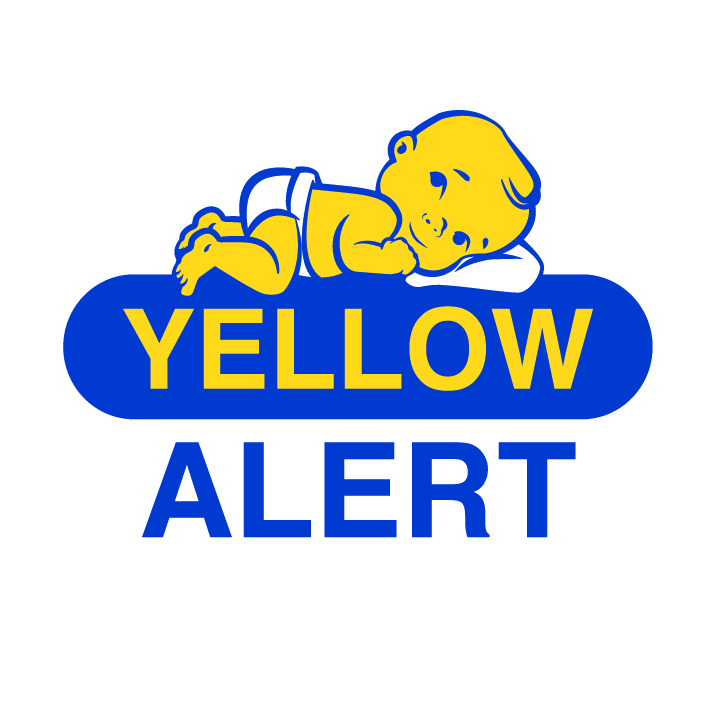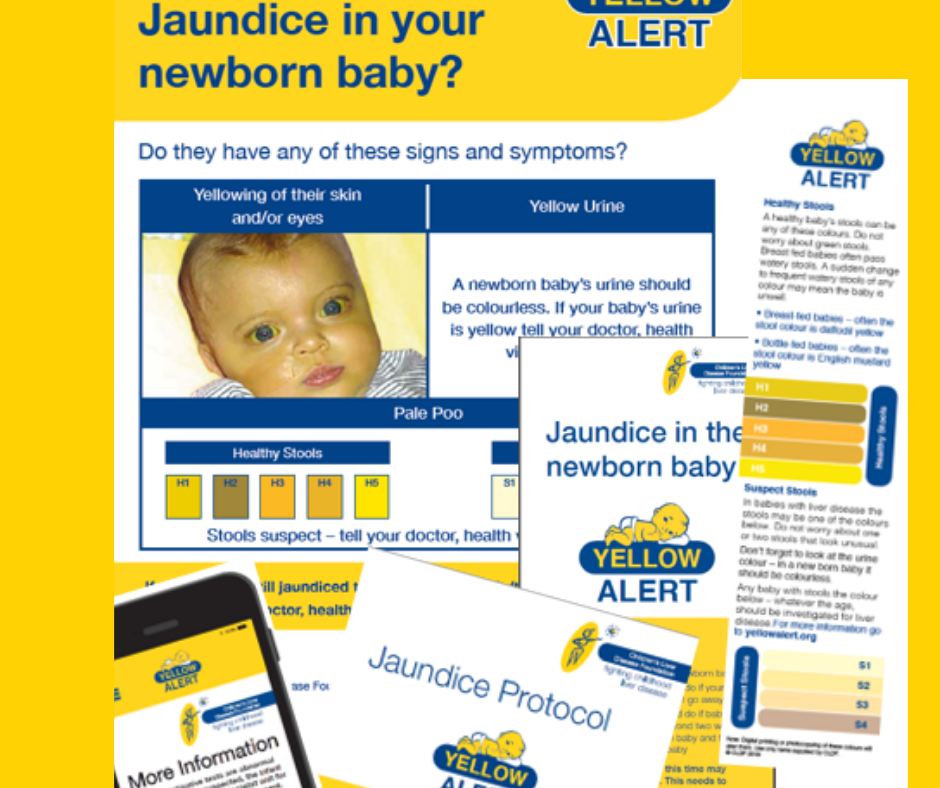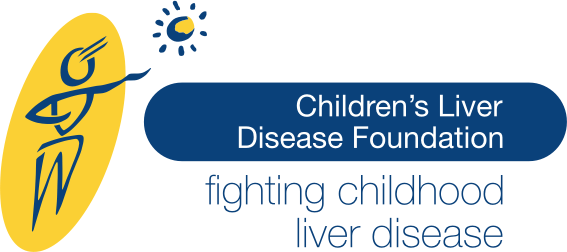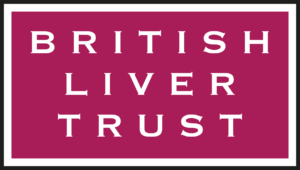
The British Liver Trust has taken the opportunity to highlight a vital awareness campaign to the Government’s Health and Social Care Committee. The ‘First 1000 Days of Life’ inquiry was launched in March by the committee, whose chair, Layla Moran MP, said:
“There is overwhelming and unambiguous evidence on the crucial importance of the first 1000 days of life in shaping children’s development and outcomes in later life. “
It’s a sentiment we wholeheartedly agree with when it comes to identifying liver disease in babies and, specifically, the diagnosis of biliary atresia. Biliary atresia, a life-threatening condition, which affects around 1 in 17,000 live births, occurs when bile ducts form abnormally or become inflamed or obstructed. However, its key symptoms – jaundice and pale stools – are often missed in newborns or diagnosed at a late stage.
Timing is crucial. Early diagnosis means that infants can undergo the “Kasai procedure”, an operation which re-establishes the bile flow and prevents fibrosis in the liver. However, for it to be successful, the Kasai should be carried out before the child is eight weeks old. And whilst the procedure is not a permanent solution in most children, without it, a child with biliary atresia is likely to require a liver transplant by the age of two. Many studies have shown an improved outcome in terms of the clearance of jaundice and native liver survival, the earlier the Kasai portoenterostomy is performed.

It is for this reason that Children’s Liver Disease Foundation assists midwives and health visitors in identifying liver disease in babies through the Yellow Alert Campaign . One of the free resources made available to health professionals as a part of the campaign is the stool chart, a quick and simple means of identifying if a child requires further investigation.
In our submission to the First 1000 Days inquiry we have advocated that the stool chart should be included in the Personal Child Health Record, colloquially called the ‘Red Book’, to ensure more children with biliary atresia are diagnosed early and their symptoms are not missed.
We are awaiting the outcome of the inquiry and will update you when we hear. In the meantime, our Yellow Alert resources continue to be available to all health professionals and to new and expectant parents. If you would like to help raise awareness by requesting a poster for your GP surgery please email irhm@childliverdisease.org.

